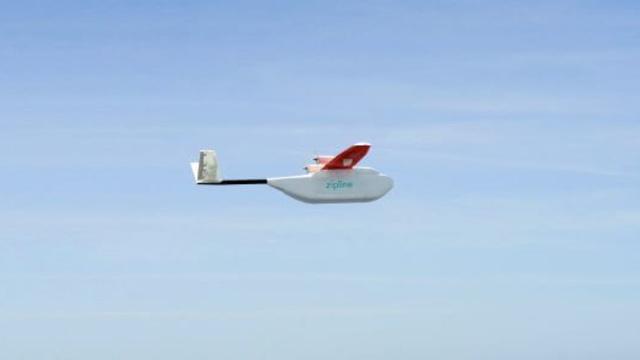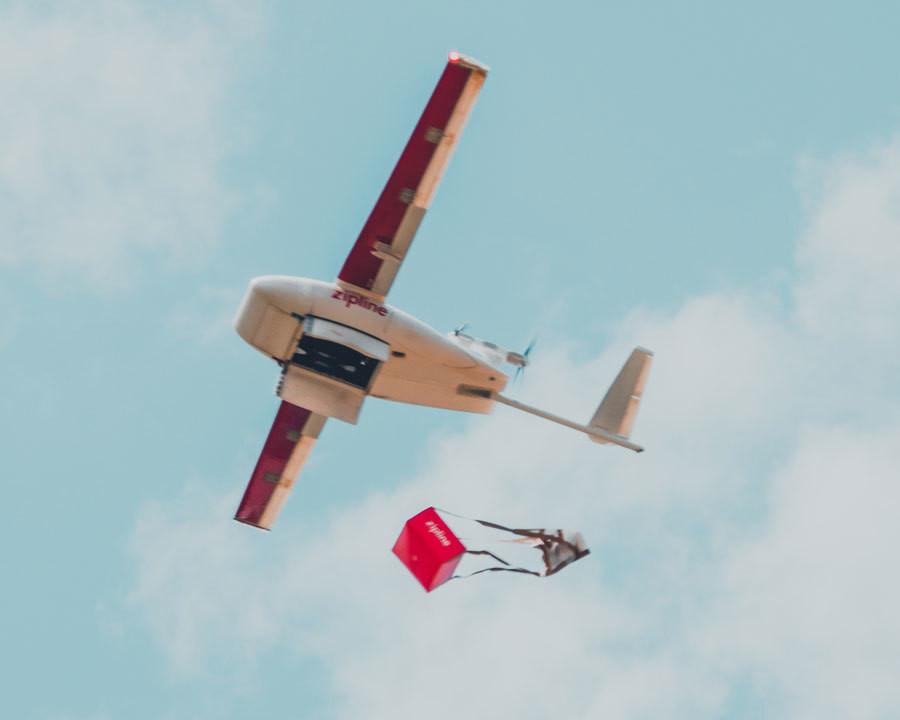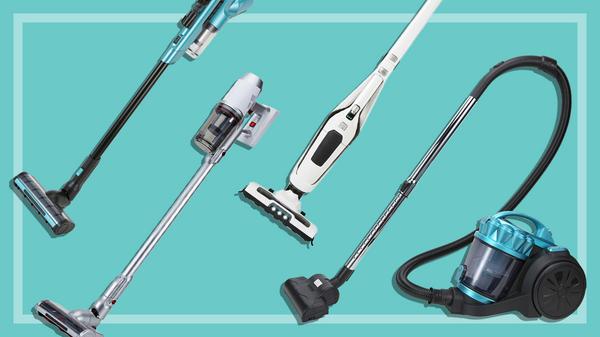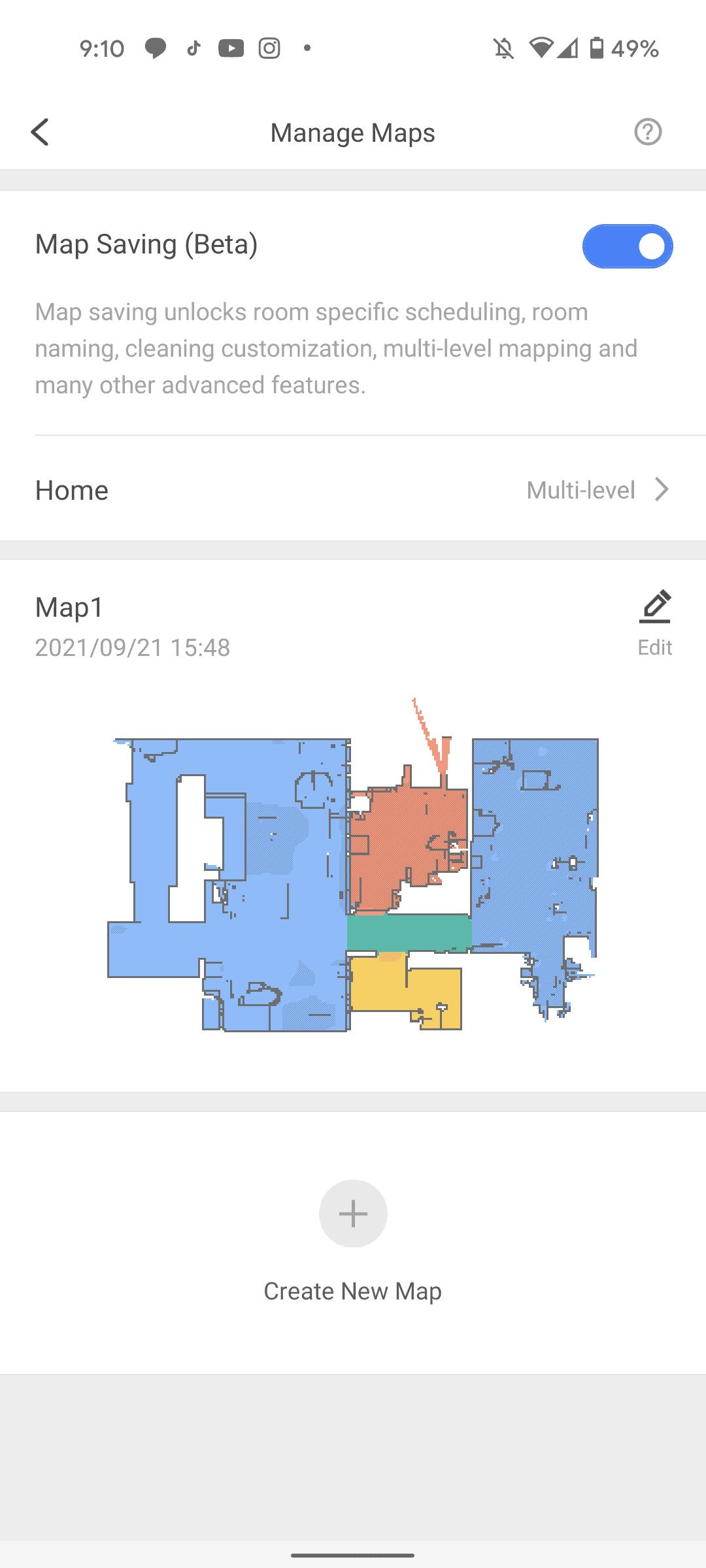In the Air With Zipline’s Medical Delivery Drones
Special Delivery: Zipline catapults its drones into the sky to deliver blood products to hospitals across Rwanda. The drones drop their cargo by parachute.Gif: IEEE Spectrum
Rwanda is known as the land of a thousand hills, and our car seems to go over every one of them as we drive from the small town of Muhanga to the even smaller town of Kinazi. The 50-kilometer trip into western Rwanda will take us well over an hour. We’re on our way to rendezvous with a blood-carrying drone that will make the trip in under 14 minutes.

The drone is operated by Zipline, a California-based company focused on delivering medical supplies in areas with poor infrastructure. And not long after we arrive at Kinazi’s hospital, the fixed-wing drone materializes out of the blue. In a blink-and-you’ll-miss-it moment, the drone descends, opens a set of doors in its belly, and drops a small package that parachutes to the ground. The drone immediately begins to climb and vanishes over the hills as a staff member crosses the hospital parking lot to pick up the package—a shipment of blood ordered by WhatsApp less than half an hour earlier.
We then climb back into our car to start our bone-jarring return drive to Muhanga, one of Zipline’s launch sites, winding our way over dirt roads. By the time we make it back, the drone is flying smoothly toward another hospital elsewhere in Rwanda, with a fresh package of blood in its belly.
Delivery by drone is a futuristic idea that has caught the public’s imagination, and there are plenty of attempts to turn it into a commercial reality. Amazon, Google, and Domino’s Pizza have all pulled off carefully controlled demonstrations and pilot projects, delivering items such as sunscreen, burritos, and (of course) pizza to backyards and fields. But the world is waiting to see whether any company can find a business model that makes drone delivery a sustainable and profitable endeavor.
The answer may be here in Rwanda, where Zipline is delivering blood to 25 hospitals and clinics across the country every day. Zipline is betting that transporting lifesaving medical supplies, which are often lightweight and urgently needed, will be the killer app for delivery drones.
We visited Zipline’s Rwanda operations to understand the technical challenges of building a drone-based delivery service. We found obsessively engineered drones that the company has optimized for blood delivery, along with a detailed plan for integrating them into the country’s medical system. Zipline’s methods could be a model for Africa, as the company’s founders expand their drone services into other countries on the continent this year. But despite the company’s technological and logistical successes thus far, Zipline still has to prove that it can scale up its operations—that it can go big enough to match its soaring ambitions.



